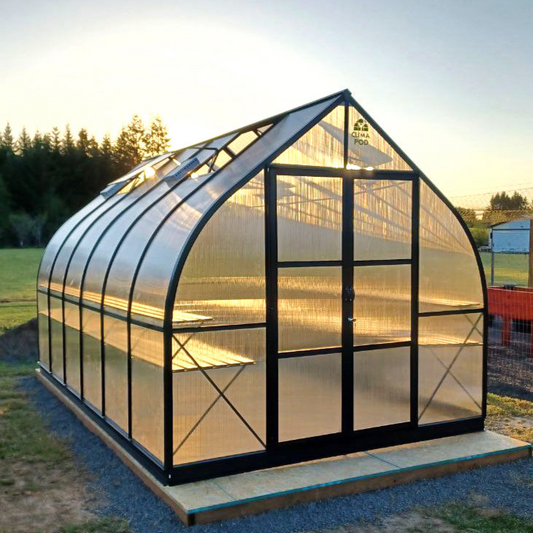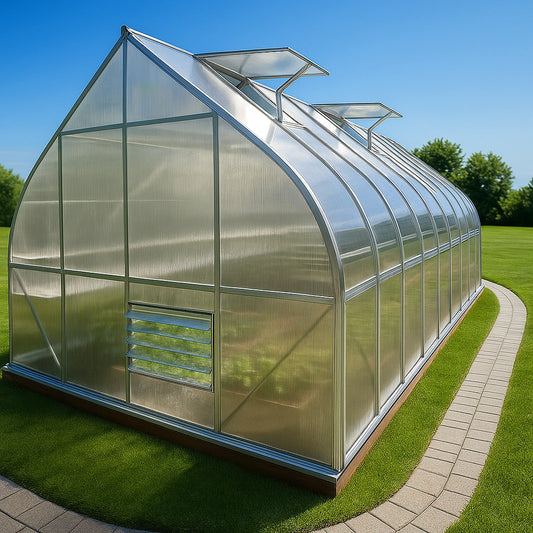
Maximizing Your Garden Space in July
Mid–summer’s here, and your early crops may have already been harvested. But empty beds don't have to sit idle or become weed patches. Let’s look at how to replant and keep your garden productive through the fall.
Why Replant in July?
Empty beds after early-season crops look neglected and quickly fill with weeds. Planting summer vegetables and herbs makes the most of space and can double your harvest from the same garden plot. Since pest pressure dips in mid-summer, summer plantings often thrive with less risk.
Preparing the Bed
- Clean up thoroughly: Remove old foliage, mulch, and weeds to reduce disease and pest carryover.
- Lightly cultivate: Avoid deep digging, just loosen the top few inches to preserve soil structure.
- Add amendments: Apply compost or a balanced organic fertilizer if soil is depleted but avoid overfeeding.
- Plan rows: Level the soil and lay out planting rows suited to each crop's needs.
Recommended July Crops

Choose varieties that mature within 60–90 days to ensure a healthy fall harvest.
- Beets, turnips, radishes: Fast-maturing root veggies that store well.
- Carrots: Sow directly for crisp autumn harvests.
- Leaf lettuce & spinach: Quick growers perfect for late-season salads.
- Swiss chard & kale: Heat-tolerant greens that thrive into fall.
- Cilantro & dill: Continual sowing gives fresh herbs all season.
- Bush beans: Fast-maturing varieties produce pods before frost.
- Summer squash & zucchini: Quick fruiting, ideal for filling space fast.
Crop Rotation & Green Manure
Avoid planting the same family back-to-back, this reduces disease and nutrient depletion.
- After alliums (onion, garlic), plant legumes (beans) or root crops.
- After potatoes or tomatoes, plant leafy greens or radishes.
- After brassicas (cabbage, broccoli), plant herbs, beans, or roots.
Alternatively, sow mustard or cover crops to improve soil health. Cut and turn them in before frost to boost organic matter.
Replanting in July keeps your garden vibrant, productive, and weed-free, giving you fresh produce through fall and making the most of every square foot.











